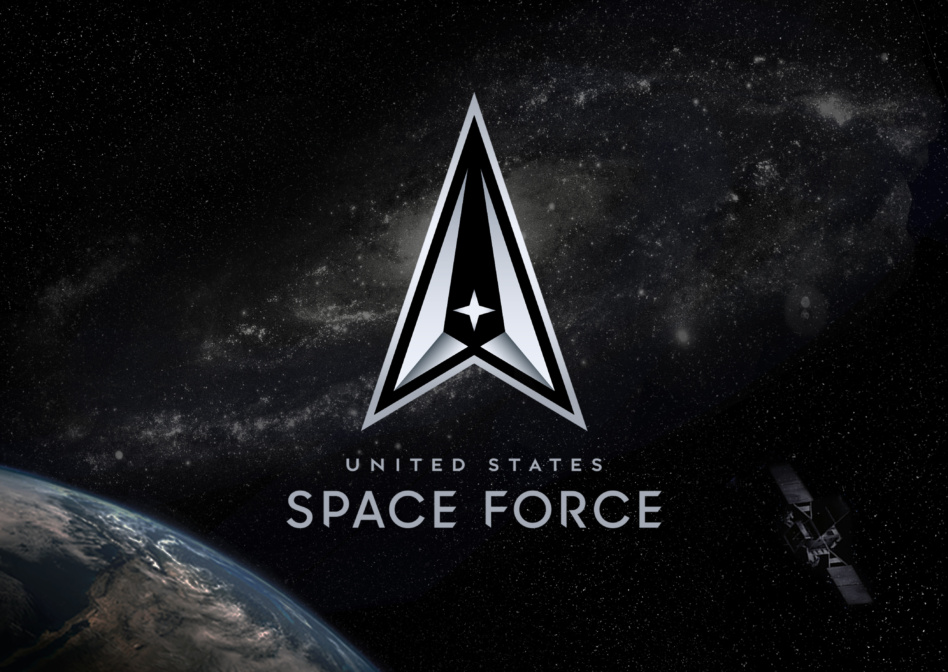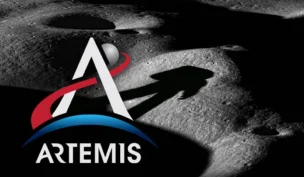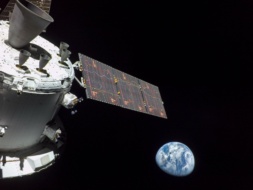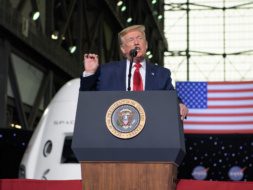The Space Force is not currently able to offer troops the real-time operational intelligence from space that would be required during a potential conflict conflict with an adversary like China, according to a report from the Heritage Foundation.
Overall, the conservative think tank ranked the service as “marginal,” the middle of a five-tiered grading scale from “very weak” to “very strong.”
Context: The annual Index of US Military Strength evaluates how well the military as a whole is prepared and equipped to respond to current threats, as well as an in-depth look at the state of each service.
In the 2023 report, the Space Force earned a rating of “weak.” This year’s “marginal” is a one tier improvement from last year.
Deeper dive: John Venable, senior research fellow for defense policy at the think tank who wrote the Space Force portion of the report, evaluated the service in three areas—capacity, capability, and readiness—and averaged their findings to determine the overall grade. Spoiler: each area received a “marginal” grade, making determining the average pretty easy.
Capacity: The Space Force has enough capacity to fulfill position, navigation, and timing demands as well as the military’s comms and imaging needs. But gaps in capacity mean the service is not able to meet troops’ growing need for on-demand, tactical info to be used in times of conflict.
“The USSF’s current visible capacity is not sufficient to support, fight, or weather a war with a peer competitor,” the report said.
Capability: The report commended the Space Development Agency for quickly getting new birds in the air, but found that overall, most of the Space Force’s assets are simply too old, reducing the service’s capability. There are a few areas where the service is making improvement: SSA, defensive, and offensive capabilities, the report found.
Readiness: The Guardians who transitioned into the new service have done a good job of maintaining readiness, according to the report. But the service has not made strides toward two of its readiness goals: providing near real-time support from space for military operations and executing both offensive and defensive operations.




